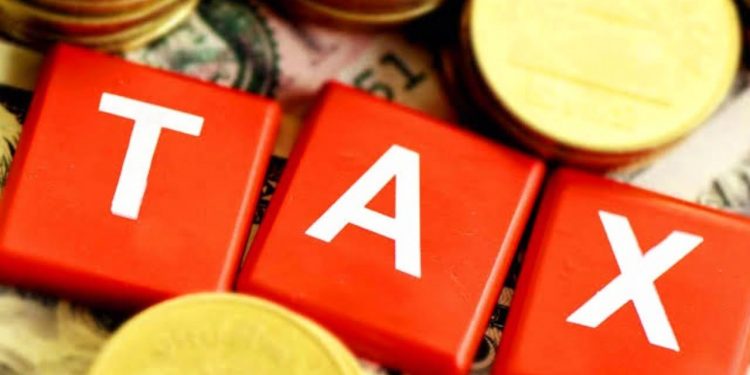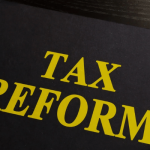The Presidential Committee on Fiscal Policy and Tax Reform (FPTR) has introduced a proposed Personal Income Tax Bill that aims to overhaul Nigeria’s tax system, specifically targeting high-income earners.
The key changes include the removal of the Consolidated Relief Allowance (CRA) and the introduction of a flat 25% tax rate for individuals earning over N50 million annually. The bill also specifies allowable deductions under Section 28, enabling taxpayers to lower their taxable income.
Key Sections of the Proposed Bill:
–Section 28: Defines eligible deductions to reduce taxable income.
–Section 30: Clarifies chargeable income and conditions for deductions.
–Section 56: Details company tax rates, including those for sole proprietorships and individual businesses.
– Section 58: Refers to the Fourth Schedule, specifying individual income tax rates.
Old Tax Calculation System
Previously, salary earners could deduct the CRA, which allowed for a deduction of 20% of gross income plus N200,000. For instance, if an individual earned N6 million annually, the deductions would total N1.4 million, bringing the taxable income down to N4.6 million. Under the old Pay-As-You-Earn (PAYE) system, someone with an annual income of N6 million would pay approximately N896,000 in taxes, calculated using a graduated tax scale:
– 7% on the first N300,000
– 11% on the next N300,000
– 15% on the next N500,000
– 19% on the next N500,000
– 21% on the next N1.6 million
– 24% on the next N3.2 million
Proposed Tax Structure
The proposed tax system simplifies calculations by removing the CRA formula while retaining statutory allowances. Additionally, a new rent allowance will be introduced, allowing either N200,000 or 20% of the rent paid, whichever is lower.
Under the proposed system, an individual earning N6 million would pay N870,000 in taxes, a slight decrease compared to the current system. The new graduated tax scale would be:
– 0% on the first N800,000
– 15% on the next N2.2 million
– 18% on the next N9 million
– 21% on the next N13 million
– 23% on the next N25 million
– 25% on the next N50 million
For someone earning N6 million, the first N800,000 remains tax-free, leaving N5.2 million subject to tax. The next N2.2 million is taxed at 15%, followed by N3 million taxed at 18%.
This proposed reform aims to create a fairer tax system, ensuring that high earners contribute their fair share while simplifying the tax calculation process for all Nigerians.
Analysis of the proposed tax system indicates a shift in tax burdens across various income levels in Nigeria. Individuals earning less than N1,450,000 monthly are set to benefit from lower taxes, while those with higher earnings will likely face increased tax liabilities.
Impact on Low-Income Earners
For Nigerians earning the national minimum wage of N70,000 monthly, the new tax system would reduce their tax burden to N500, down from N3,326 under the current system. Furthermore, individuals earning below the minimum wage would be exempt from paying any taxes. For those earning N250,000 monthly, the proposed system would lead to a monthly tax payment of N27,500, slightly lower than the N29,100 required under the current framework.
Higher Taxes for High-Income Earners
Taiwo Oyedele, the chairman of the FPTR committee, emphasized the significant tax increases for high-income earners. Nigerians earning over N50 million annually (approximately N4.4 million monthly) will see their taxes rise considerably. The analysis shows that those earning more than N3 million monthly will face an effective tax rate exceeding 20%. In contrast, the current tax system caps individual effective tax rates at 20%.
This proposed tax reform could substantially alter the tax landscape in Nigeria, ensuring that higher earners contribute more while providing relief to lower-income individuals.










